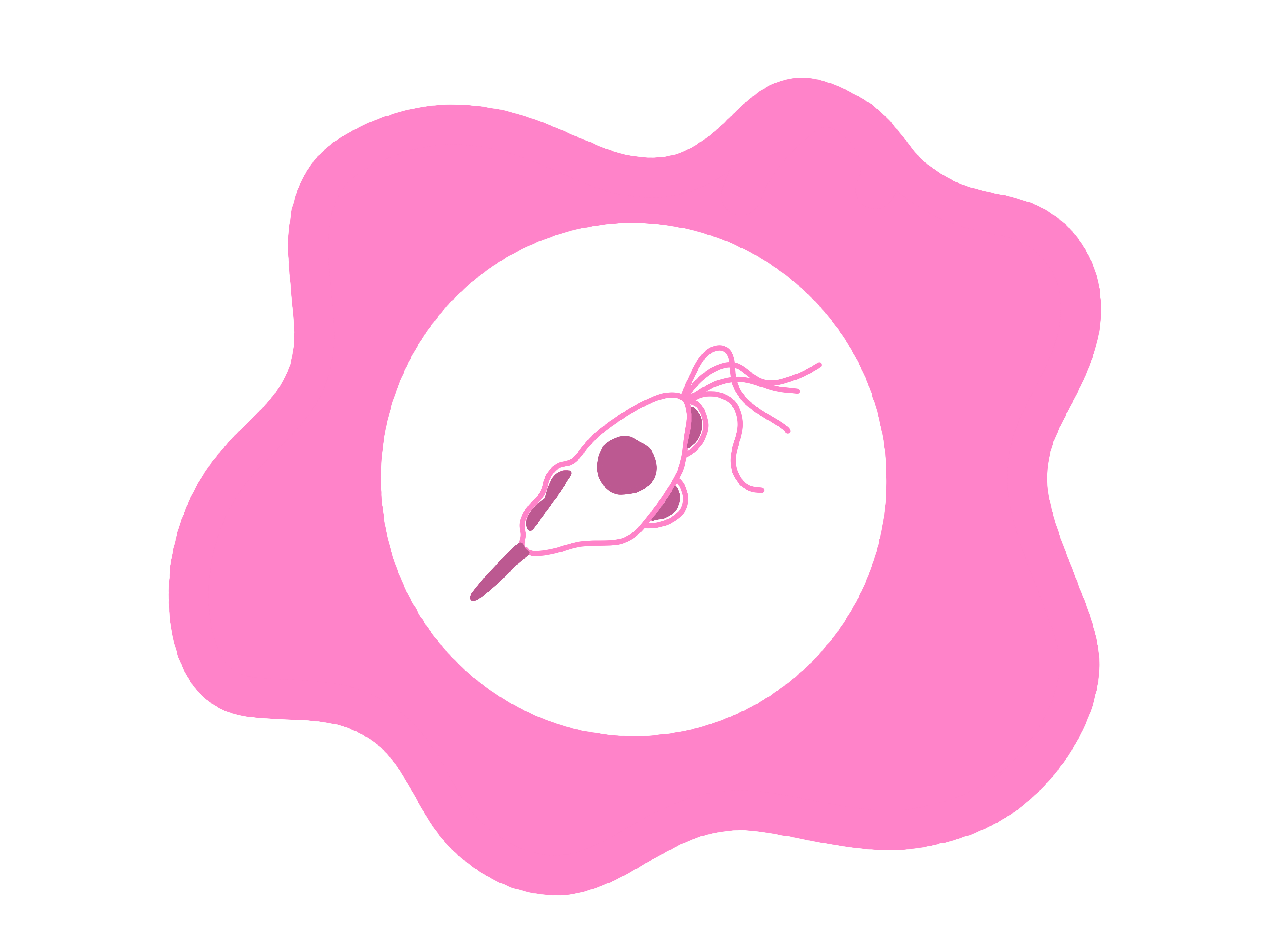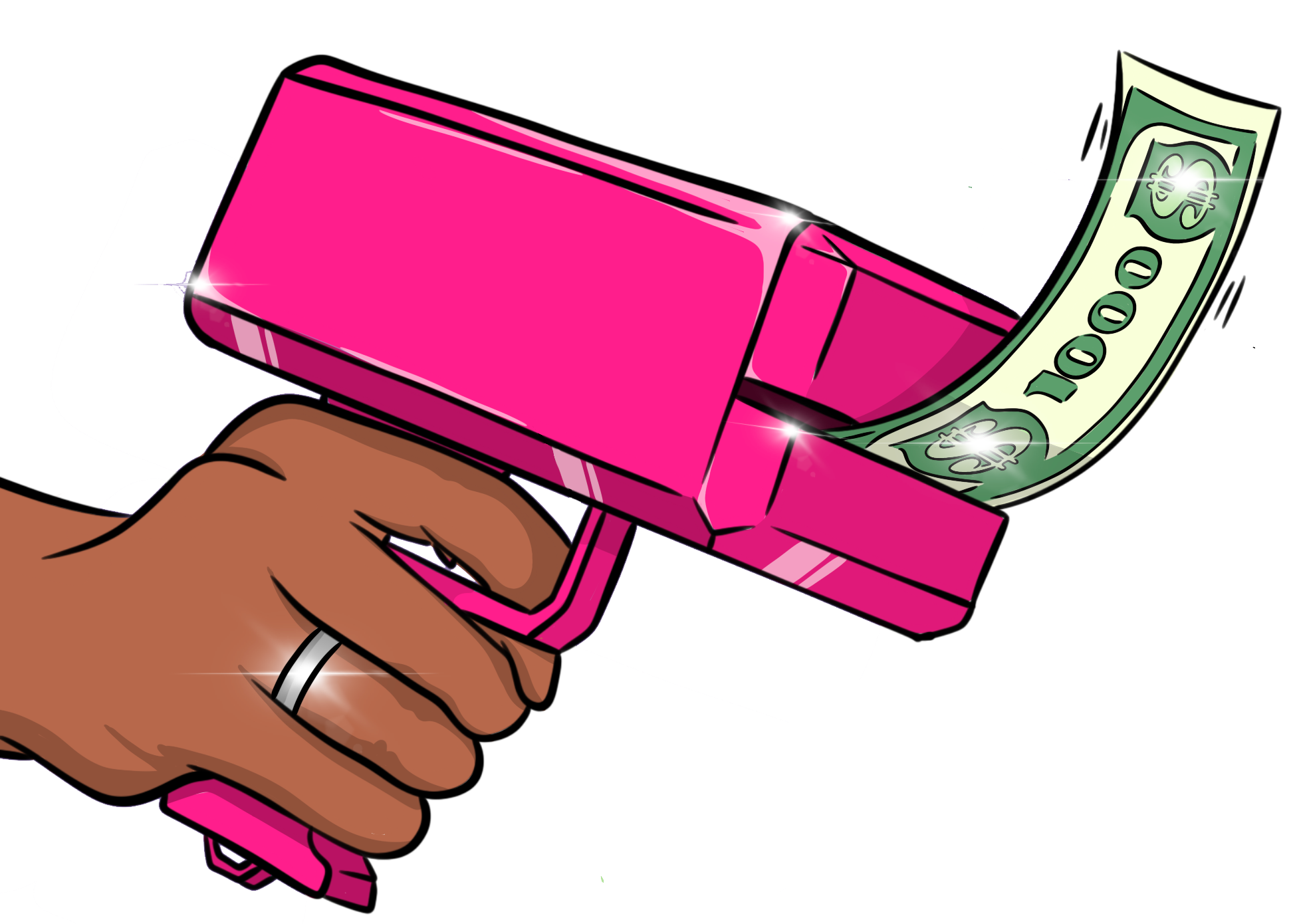Anyone Can Get HIV, so it's important to know the signs and how to prevent it.
Symptoms Of HIV
HIV (human immunodeficiency virus) weakens the body's immune system meaning it cannot fight off infections.
AIDS (acquired immune deficiency syndrome) is the final stage of untreated HIV, and your body can no longer fight off any infection. With early diagnosis and treatment, most people living with HIV will not develop AIDS.
80% of those who develop HIV will develop an illness like the flu at the beginning (seroconversion), and after this, you may not get any more symptoms for many years. In the meantime, HIV will multiply and cause damage to the immune system.
Once this weakening of the immune system has happened, symptoms can include:
- Weight loss.
- Persistent diarrhoea.
- Infections that keep coming back.
- Night sweats.
Causes Of HIV
HIV lives in the blood, semen (including pre-cum) and vaginal fluids. To contract HIV you need to get one of these into your blood.
You CANNOT catch HIV from kissing, hugging, sharing towels, swimming pools, toilet seats etc. This is because bodily fluids like sweat, urine or saliva do not contain enough of the virus to infect.
It CAN, however, be spread through:
- Sharing needles.
- Unprotected sex – vaginal, oral (much lower risk) & anal.
- Sharing your toys without washing between uses.
- Pregnancy, childbirth or breastfeeding (very rare in the UK and steps can be taken to reduce the child contracting HIV)
The most at-risk people are those who have regular anal sex, had unprotected sex with someone who lives or has travelled in Africa and those who inject drugs or have sex with those who inject drugs.
Testing & Treatment for HIV
Testing for HIV can't happen until at least 4 weeks after exposure to the virus, the test detects the antibodies rather than HIV itself.
It involves taking a little sample of blood analysis and some tests can give an instant result! These can be done at home or in a clinic.
Delaying testing and treatment will allow the virus to damage your immune system. It also means you could pass the virus to someone else.
HIV is treatable and preventable but not curable. If you are diagnosed with HIV, you will receive regular blood tests to see if your fighting cells have dropped in number.
If this is true then you will receive combinations of Antiretrovirals. HIV can quickly become resistant to certain ones so the doctor will pick the most effective combinations for your body.
PEP
If you think you’ve been exposed to HIV within the last 72 hours, you can take PEP (post-exposure prophylaxis) which may stop you from contracting the virus.
It is a 28-day treatment of super-strong drugs, but it's not a guarantee that it will work.
PrEP
This is a regular medication for people who do not have HIV. PrEP (pre-exposure prophylaxis) is taken before sex and can reduce the chances of you contracting HIV. It has to be taken correctly.
You should still wear condoms when taking PrEP.
It was recently made available on the NHS for people who are at high risk, but not available in all sexual health clinics as of yet.
If you are considering buying this online make sure you check it is a reliable source.
⚡ I am not a health professional. I am qualified in RSE but I am not a doctor. Content for this page has been drawn from the NHS website and Brook.org.uk. Please head over to these great sites for more details.








